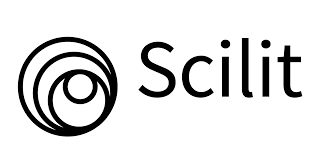The Impact of the World Trade Organization (WTO) on Indonesian Tourism Business Law Regulations
Abstract
Adjustment of statutory regulations in the field of tourism business law in Indonesia is one of the consequences of the WTO agreement, thus the GATS-WTO agreement does not only concern Law Number 10 of 2009 concerning Tourism, but also all other related regulations. with tourism, such as labor regulations, Intellectual Property regulated in TRIP's, investment regulations (TRIM's), etc. These regulations will be affected by the provisions of the GATS-WTO, which must immediately be adjusted and harmonized with the GATS agreement commitment that has been agreed by Indonesia. It is by putting the principles of liberalization that it can have an impact on tourism arrangements in Indonesia which are not liberal but adhere to the principles of the Pancasila democracy state. The impact of the WTO on Indonesia's tourism business law arrangements related to TRIMS and GATS is the creation of tourism regulations that can protect local communities and cultures, limiting the liberalization of foreign investors from modern countries. The tourism arrangement must be in accordance with the nature of the purpose of its existence, namely to: increase economic growth; improve people's welfare; eradicating poverty; overcoming unemployment; preserving nature, environment and resources; promote culture; lifting the image of the nation; cultivate a love of the country; strengthen national identity and unity; and strengthen friendship between nations.
The author whose manuscript is published agrees to the following conditions:
- Publication rights of all journal manuscripts published / published on the JKTP website are held by the editorial board with the author's knowledge (copyright remains the author's).
- The formal legal provisions for access to digital electronic journal articles are subject to the provisions of the CC Attribution-Non-Commercial 4.0 license, which means JKTP has the right to store, transfer media / formats, manage in the form of a database, maintain, and publish articles without asking permission from the author as long as the author's name remains as the copyright owner.
- Manuscripts published / published in print and electronically are open access for the purpose of education, research and libraries. Apart from these purposes, the editorial board is not responsible for violations of copyright law.




.png)










